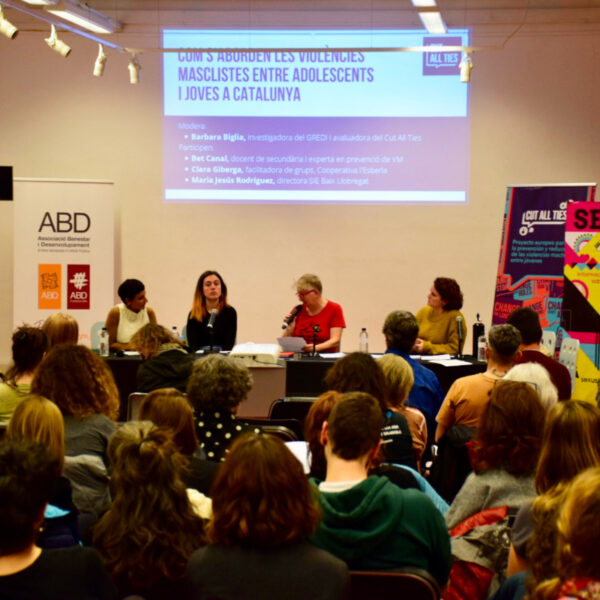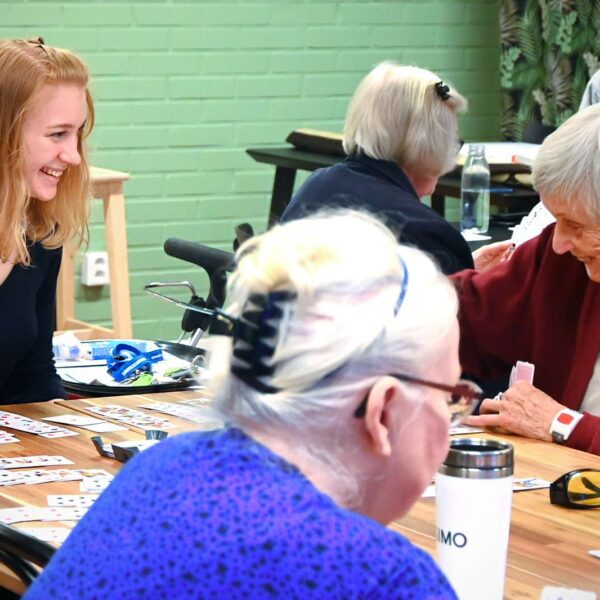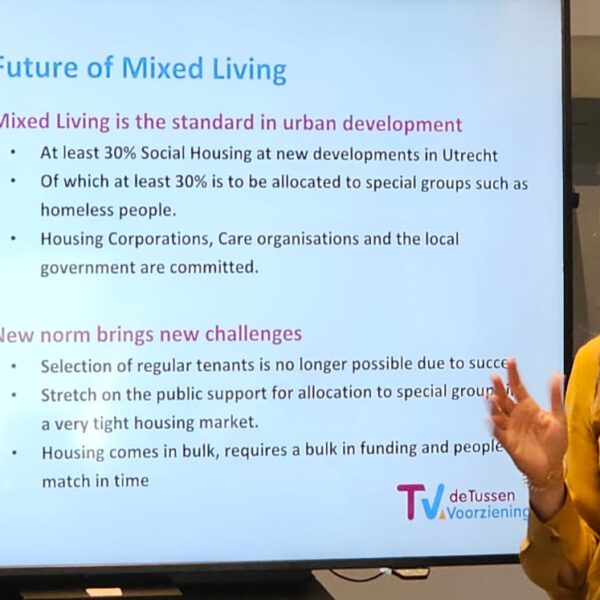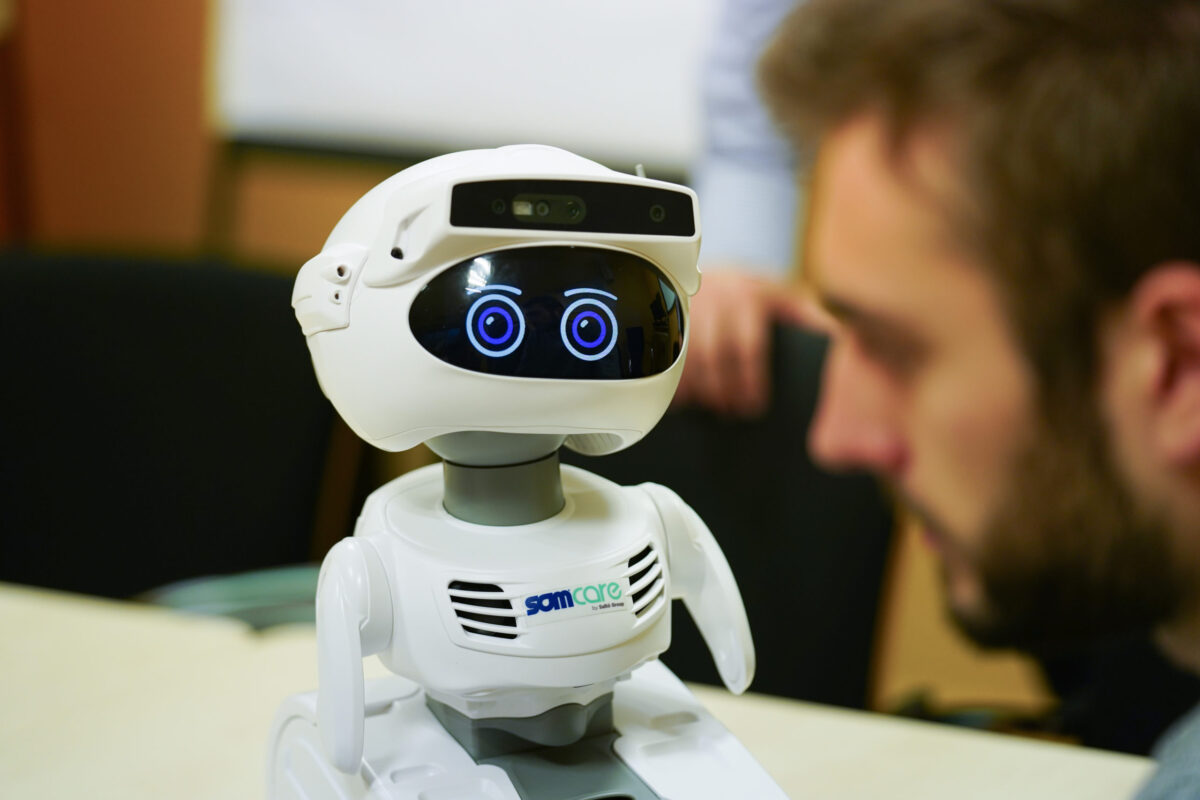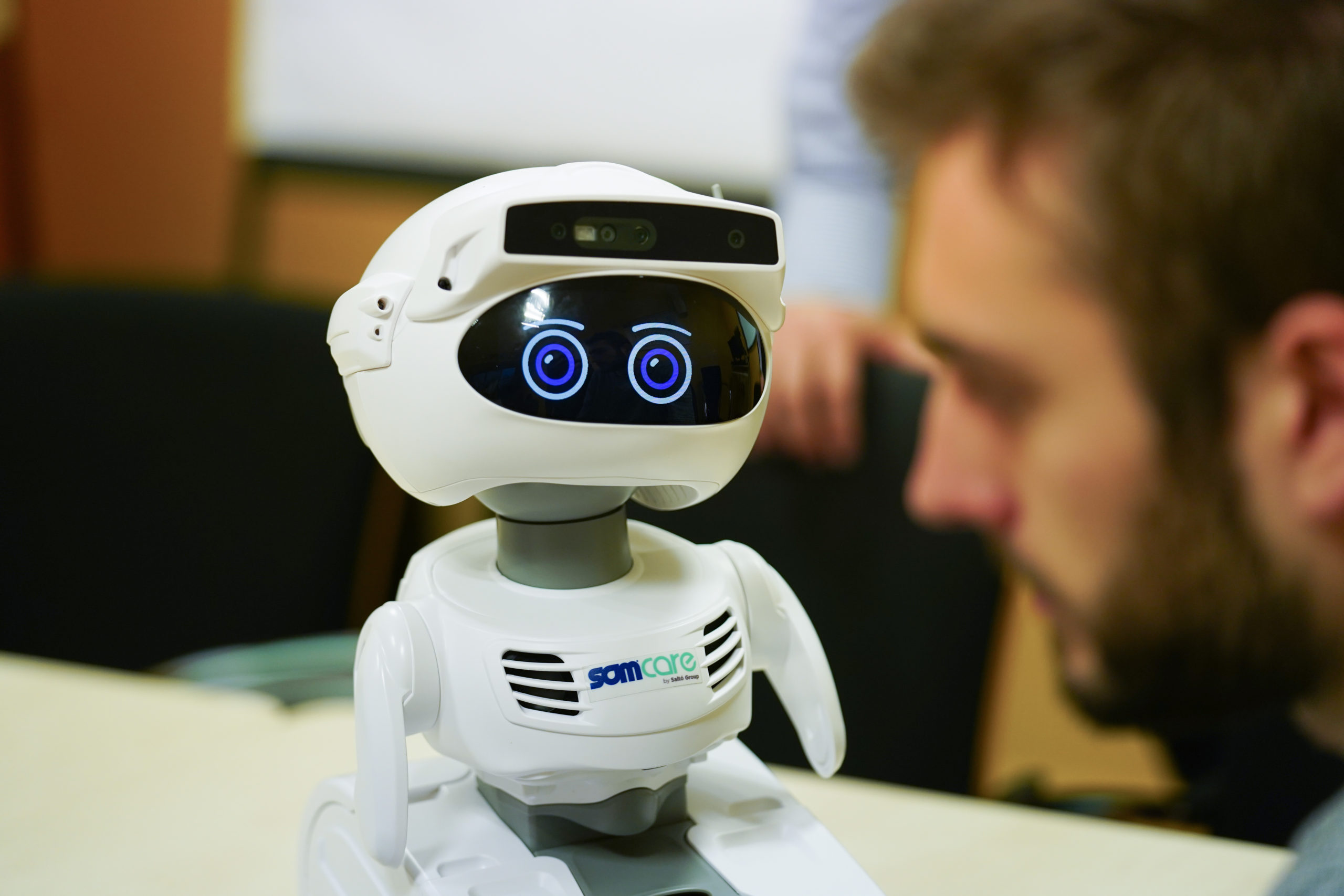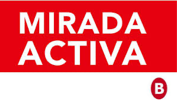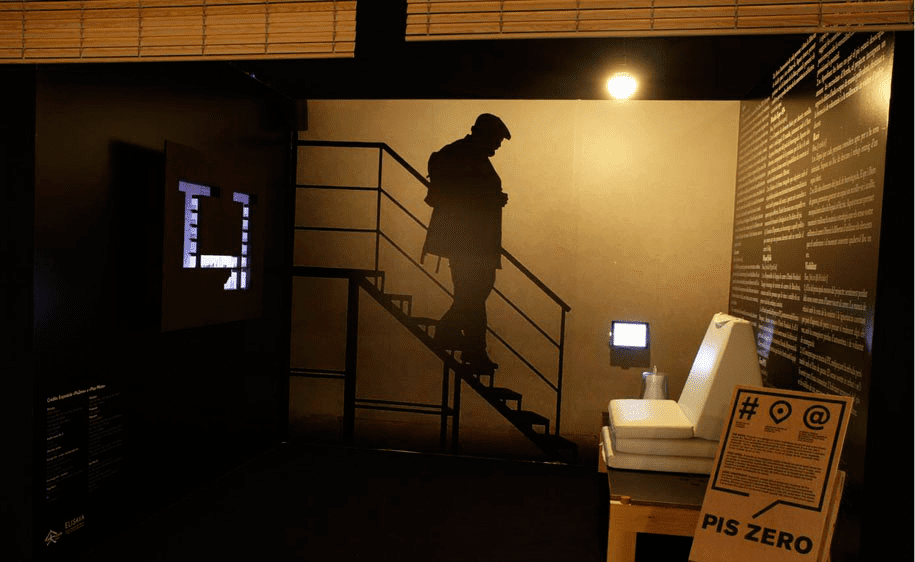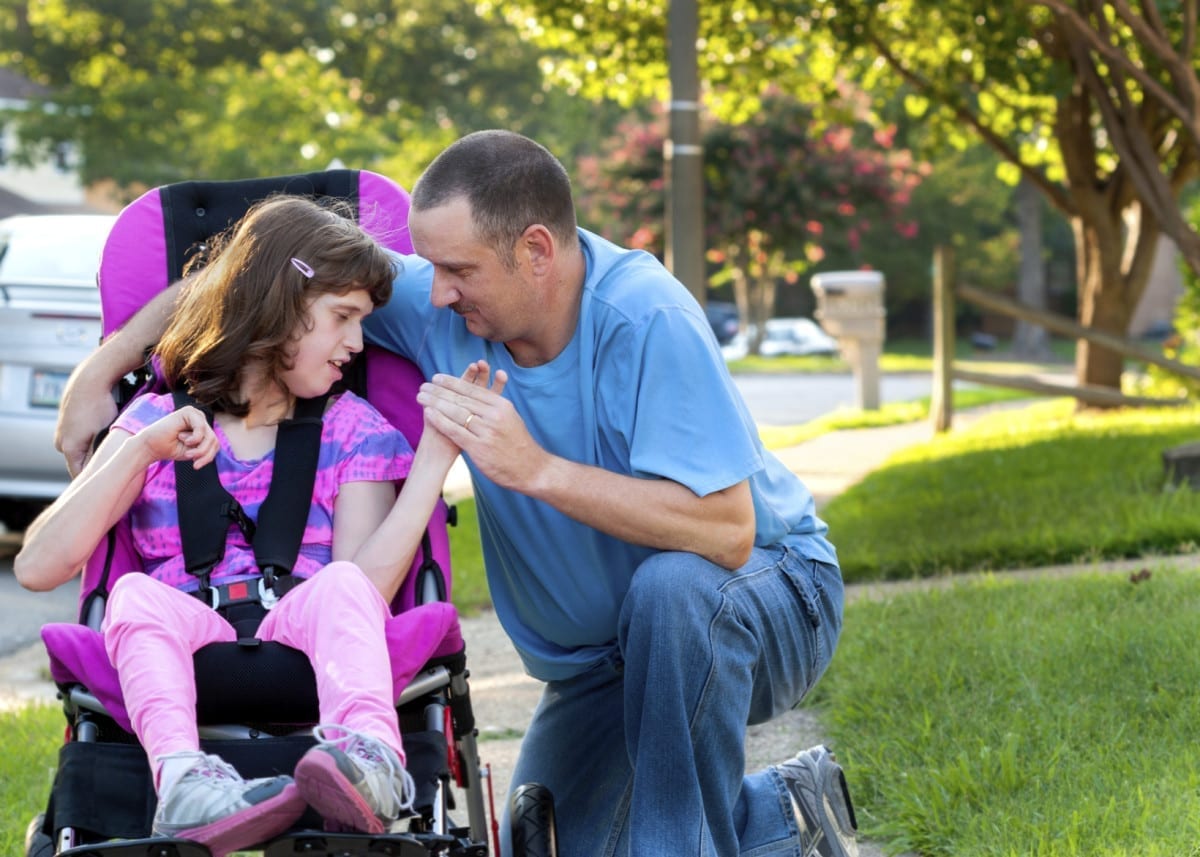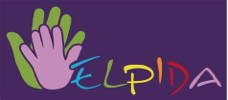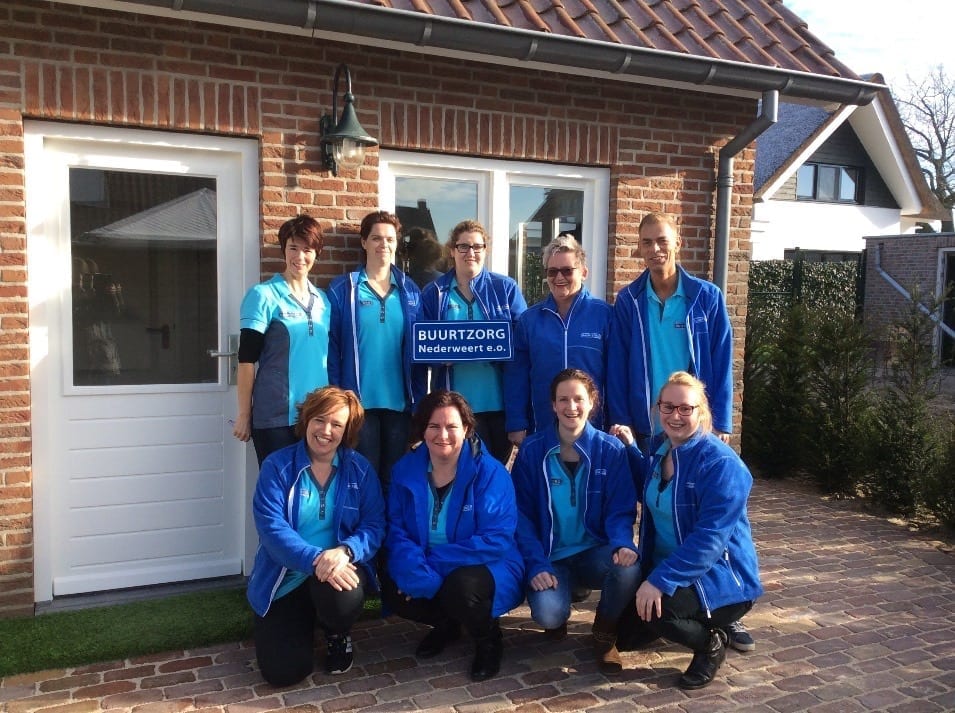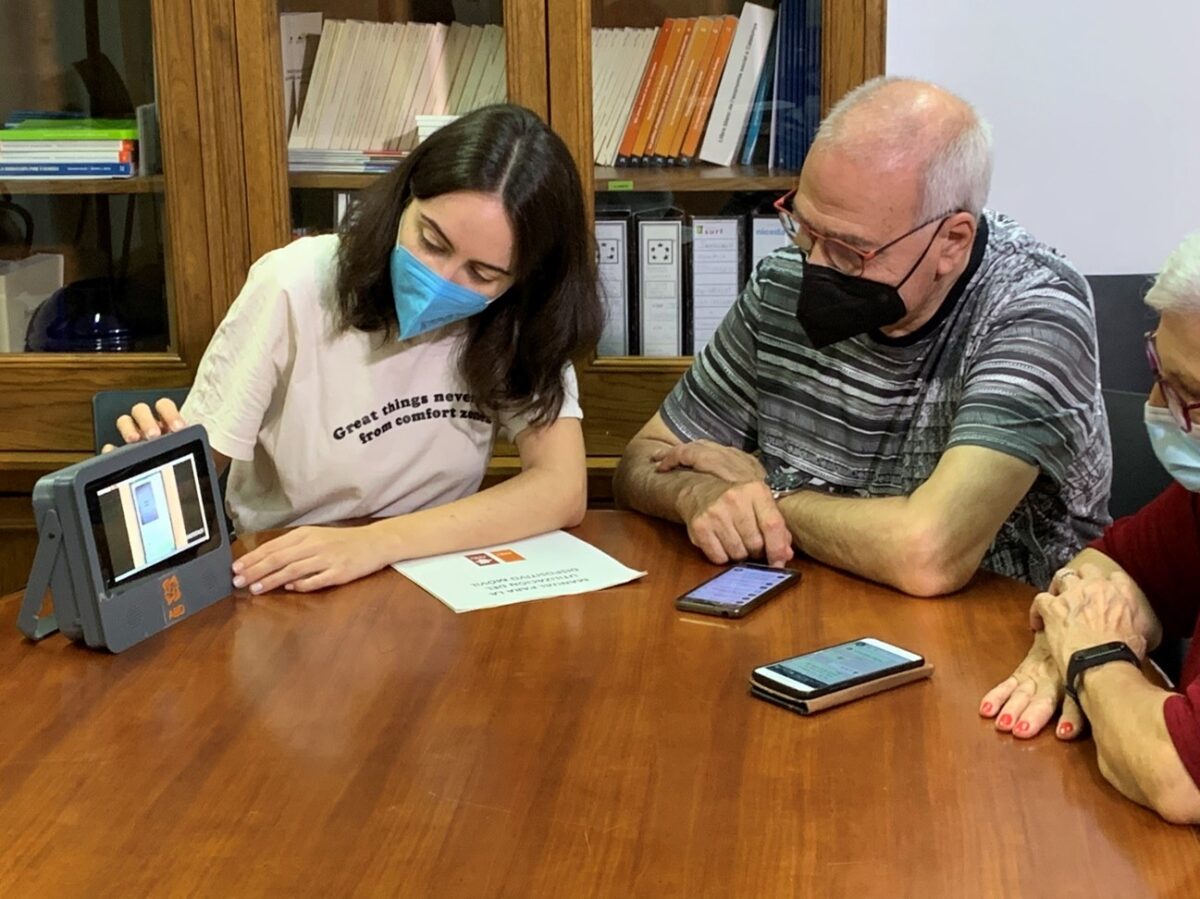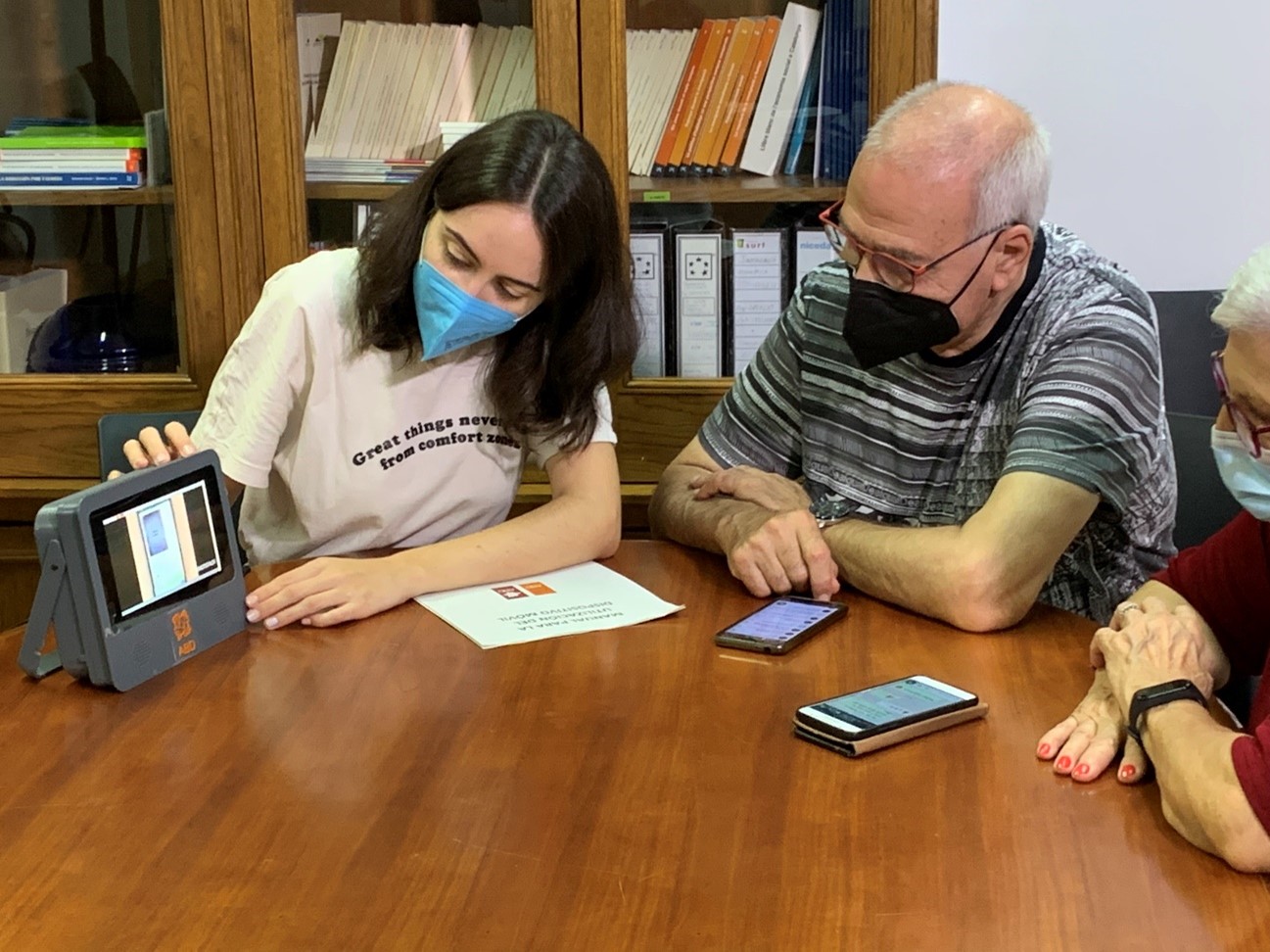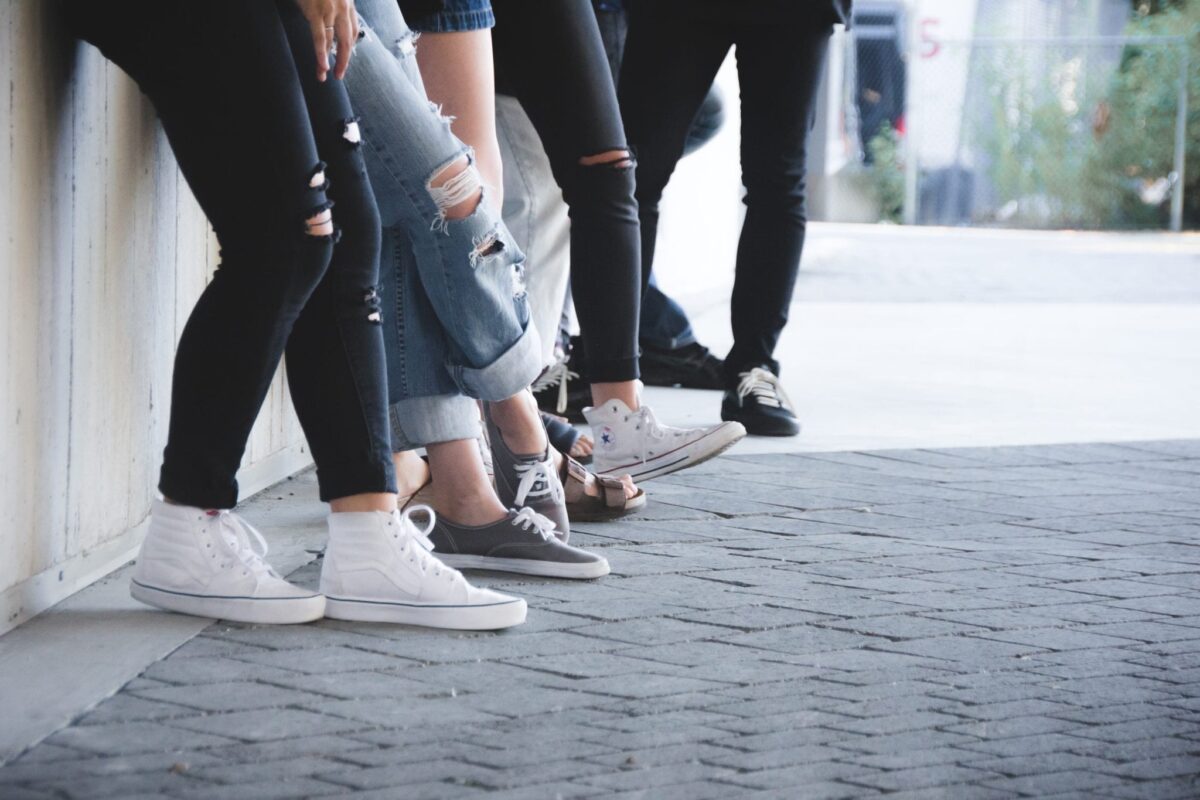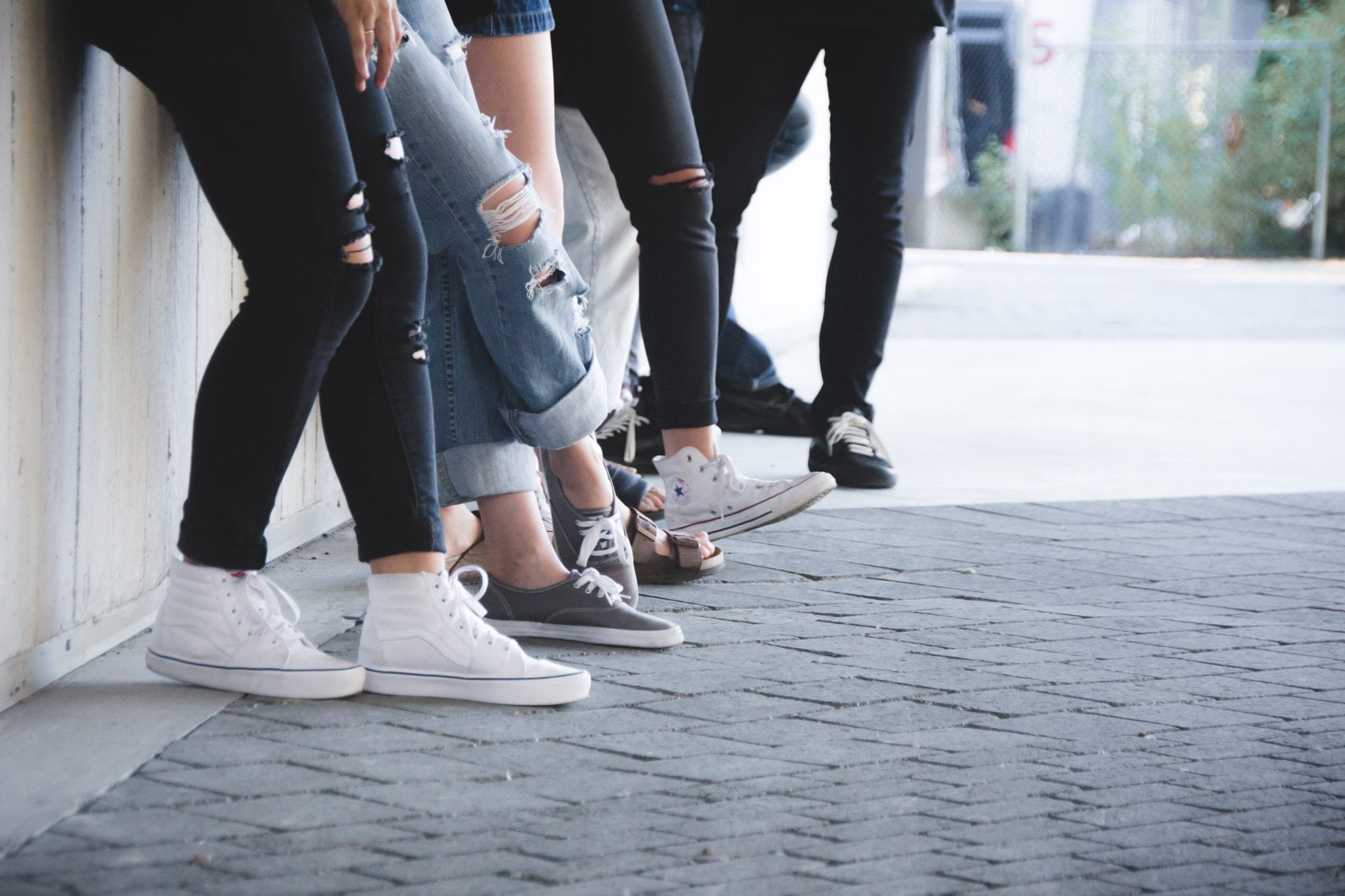A-Porta, a program to encourage neighbouring empowerment
A-Porta, a program to encourage neighbouring empowerment
Confederació d’Associacions Veïnals de Catalunya (CONFAVC) and Cooperative “ser Barri”
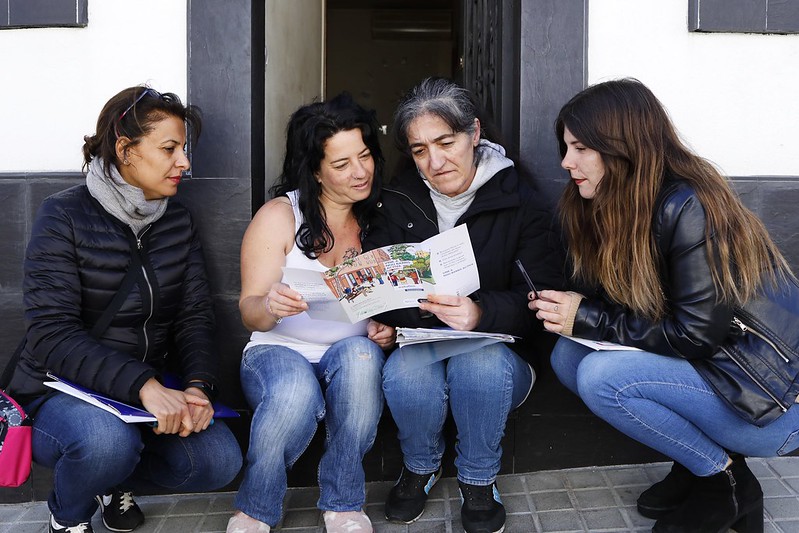
“Picaportes” advising a neighbour. Retrieved from a-porta.cat
Social Project of neighbouring empowerment trough charismatic neighbours living in neighbourhoods where there are significant social needs. These neighbours are named “Picaportes” (in Catalan: those who knock on doors) and are hired, trained, and coordinated to make visits to all the people living in the neighbourhood. In these visits they give support, advice, information and resources on how to improve quality of life. They deal with issues such as access to social rights, job search, energy vulnerability, accompaniment to older people…
The project seeks to take over the neighbours, to break the mistrust that may exist, and to report on the resources, both public and self-managed, that are located in the neighbourhoods so that they can gradually develop a solid and supportive community. This social cohesion is achieved through the role of the “Picaportes”, who also live in the neighbourhood and can better empathise with the situation of neighbours than an outsider.
Characteristics of innovation
Location
Different neighbourhoods of Catalan cities
Partners/Funders
Catalan Government, Diputació de Barcelona, Barcelona City Council, Aigües de Barcelona, IesMed, “laCaixa” Foundation
Genesi
The project is inspired by a similar one carried out by a French organization called Voisin Malin. This French initiative was born in 2010 and acts in cities such as Paris, Lille and Montreuil, seeking active and committed inhabitants to break up the possible neighbouring isolation and empower the neighbourhoods.
In 2015, IesMed contacted Voisin Malin and CONFAVC to try to adapt the first organization project to the Catalan reality. Several meetings were held to better understand the project and to advise each other, and a pilot test started a year later, in 2016, in “Ciutat Meridiana”, a neighbourhood of Barcelona.
Implementation level
The project has been implemented in several disadvantaged neighborhoods of Catalan cities such as: Camp Clar (Tarragona), Horts de Miró (Reus), Can Peguera, Ciutat Meridiana, Torre Baró i Vallbona (Barcelona).
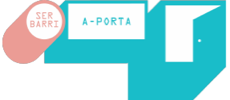
Banc d’innovacions


